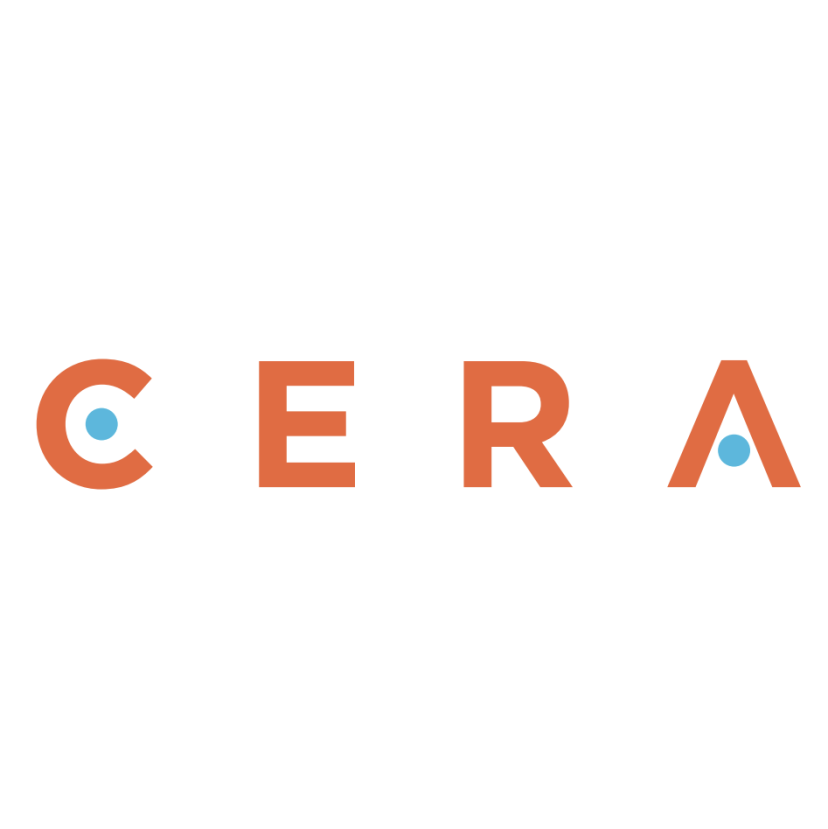
Multi-institutional effort launches second phase to expand research hub on the ethical, legal, and social implications of advances in human genomics
The Stanford Center for Biomedical Ethics and the Columbia Division of Ethics have been funded by the National Human Genome Research Institute (NHGRI) to lead a five-year expansion of their coordinating hub for research on the ethical, legal, and social implications (ELSI) of human genomics. The Center for ELSI Resources and Analysis (CERA) received a nearly $9.4 million grant following a competitive renewal process.
The effort will be led by Mildred Cho, PhD, Associate Director of the Stanford Center for Biomedical Ethics, and Sandra Soo-Jin Lee, PhD, Chief of the Division of Ethics and Professor of Medical Humanities and Ethics at Columbia University, in collaboration with The Hastings Center, a bioethics research institute, and Case Western Reserve University, along with multiple allied organizations.
“The mission of the CERA is to build a community to contribute to the production of knowledge about the ethical, legal, and social implications of genomics and utilize both relationships and technology to make it accessible and understandable to users, including experts and members of the public,” Cho said.
A centerpiece of the project is the ELSIhub.org online knowledge portal, which facilitates the use of ELSI research findings. The site will be outfitted with new tools to enable global, online discussions between scholars in ethics, social science, public health, and law and other stakeholders, during this phase of the project. The team will also be testing the responsible use of large language models for research synthesis that will aid human curators in the production of summarized ELSI research for a wide variety of audiences and use cases.
A Critical Need
"We're at a pivotal moment where decades of genomics research are being translated into real-world applications, with profound implications for individuals, communities, and society," said Lee. "Genomic medicine is becoming a reality, but concerns remain about bias and equitable access, even though these technologies have their roots in publicly funded science. To address these challenges and other emerging high-priority ELSI questions, the CERA convenes scholars, scientists, communities, patients, policymakers, and other stakeholders to engage in ELSI research, scientific practice, and policymaking."
“There are gaps in the evidence base that impact the universal utility of clinical genetics,” said Maya Sabatello, LLB, PhD, a CERA co-investigator and associate professor at Columbia University. “This problem will need to be addressed by engaging communities that have been excluded from research and have well-founded concerns about participating in it,” she said.
Other important ELSI issues are on the immediate agenda. “Population-wide, whole genomic screening of healthy individuals to detect their risk of developing a genetic condition is now feasible,” said CERA co-investigator, Aaron Goldenberg, PhD, MA, MPH, a professor at Case Western Reserve University. “We need to think seriously about how to mitigate potential harms, like increased uncertainty, and how we will meet our obligation to provide equitable care to those determined to be at risk, among other considerations.”
“Because we have seen a massive reduction in the cost of genome sequencing and the advent of CRISPR gene editing,” said CERA co-investigator, Josephine Johnston, LLB(hons) MBHL, a senior research scholar at The Hastings Center, “much more is possible. We are seeing the use of gene editing for patients with sickle cell disease, and anticipating germline use, which would create heritable changes to human biology. Scientists, patients, healthcare providers, and policymakers worldwide need research and expertise on ethical issues in genomics, like equity and access, as well as guidance on regulation.”
The production and dissemination of ELSI scholarship on these and other critical issues facing us in the coming years are central CERA functions.
Engaging diverse communities
In its next phase, CERA will develop programming to engage diverse communities to integrate ELSI with genome research. This includes facilitating networking to help build research teams that include legal, social science, humanistic, and community perspectives at all phases of the translational pipeline. Their efforts will focus in particular on the inclusion of communities underserved by and underrepresented in genome research and genome scientists themselves.
“Genome scientists are often the intended audience for ELSI studies,” said CERA co-investigator, Deanne Dolan, PhD, a research scholar at Stanford Medicine. “ELSI researchers working in close proximity to genome scientists was a founding philosophy of the NHGRI program that funds CERA. Through our collaborations with the Broad Institute of MIT and Harvard, Black in Genetics, and the Summer internship for INdigenous peoples in Genomics (SING), and others, we are looking forward to creating opportunities for ELSI scholars and scientists to collaborate and discuss issues of mutual concern,” she said.
The CERA collaboration with the Broad Institute, as one example, will kick off with Building Understanding and Practical Skills in Community Engagement for Genetic Research, a workshop at the annual meeting of the American Society of Human Genetics in November aimed at preparing genome scientists for community-engaged research. “We are excited about this partnership and look forward to co-creating events that are engaging and insightful for our communities. A future with multidisciplinary work between ethicists and scientists, where both groups can bring issues forward for scholarship and incorporate their diverse expertise, will lead to the most impact,” Alham Saadat, MS, Associate Director of Scientific Equity and co-director of the Broad Bioethics Initiative.
The siting of CERA core collaborators at multiple institutions brings a wealth of expertise to the project and builds on its strengths in geographically dispersed, virtual collaboration it honed during the initial phase of the project, which took place during the COVID-19 pandemic. Hubzero, a web development team with experience building and sustaining science hubs, based at the San Diego Supercomputing Center at the University of San Diego, will also join the project.
“We have the unique opportunity to visualize the broad scope of ELSI inquiry and are eager to put that knowledge into the hands of those who can apply it,” Cho said. “We welcome everyone with a stake in these critical issues to join the conversation.”


